Deblocking Filter on Noisy Content can be Effectively Off
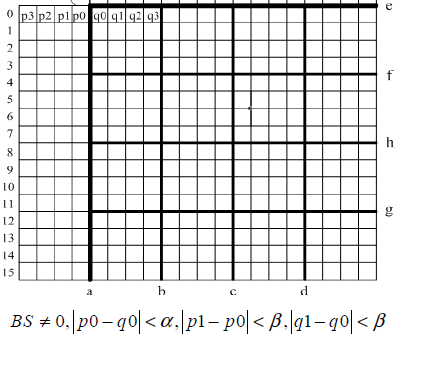
In H264/AVC the deblocking filtering can be effectively off on noisy content, since |p1-p0| and |q1-q0| tend to exceed the parameter ß To make the deblocking filtering applied on noisy content it’s required to increase the magnitude of ß (this parameter is controlled by the slice_beta_offset_div2 in the slice header). The same argument is correct […]
How Encode/Transcode/Decode HEVC/H.264 by NVIDIA with ffmpeg

Content Sanity Checks Encoding HEVC Encode H264 Encode Transcoding Decoding Sanity Checks First of all you need check that ffmpeg supports nvenc (access to nvidia hw encoder), you merely type ‘ffmpeg’ in the command line and check –enable-nvenc is present in the configuration list: ffmpeg ffmpeg version git-2020-07-21-b5f1e05 Copyright (c) 2000-2020 […]
AV1 Reference Codec (aomenc and aomdec)
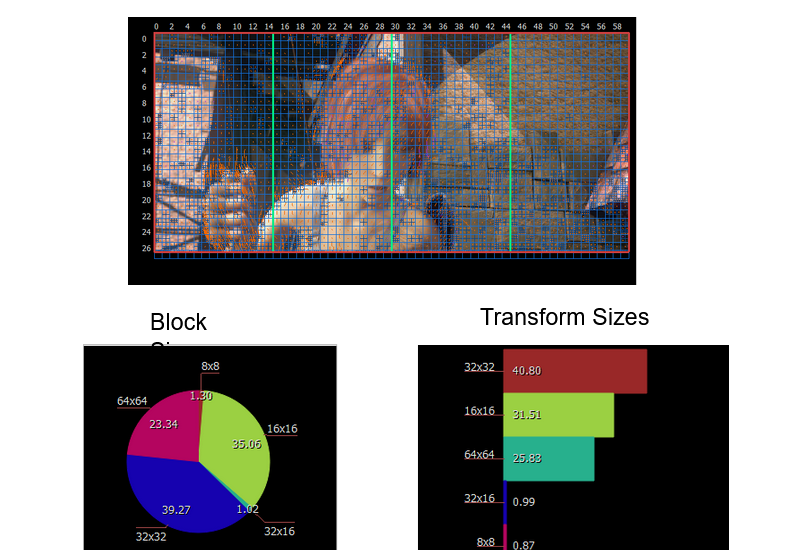
Content Prerequisites before Compilation AV1 Reference Codec on Ubuntu 16.04 or Higher Prerequisites before Compilation AV1 Reference Codec on Windows Getting and Compilation of AV1 Sources Compilation for Ubuntu Compilation for Windows Running AV1 Reference Encoder (aomenc) Single-Pass VBR Encoding I-Only Stream Dual Pass Encoding Constant QP Encoding Screen Content Coding Disabling In-Loop […]
How x265 Lookahead Depth Impact on Coding Efficiency

Abstract This document contains results (bitrate/visual quality) of applying x265 (in ABR mode) on two 4K streams (Sintel and TOS), with different lookahead buffer sizes (in frame slots: 3 frames and 20 frames), with two different bitrates 30Mbps and 20Mbps and with two cutree values on/off. For video quality both PSNR and VIFP metrics are […]
Apple ProRes with ffmpeg
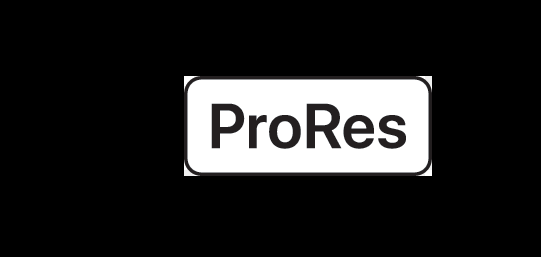
Apple ProRes is a particular standard (different from H.264/AVC) developed by Apple to replace M-JPEG. ProRes is tailored to support 4:2:2 and 4:4:4 video with 8,10 and 12 bits per sample. The ProRes codec (both encoder and decoder) is supported by ffmpeg (by default). ffmpeg -codecs | findstr prores DEVIL. prores Apple ProRes (iCodec Pro) […]
Kvazaar Open Soure HEVC/H.265 Encoder
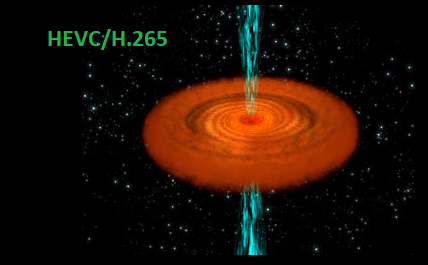
The kvazaar hevc encoder can be considered as an alternative to x265 and in some aspects kvazaar is even better x265. Content Compilation of kvazaar Running of kvazaar Outline of Rate Control Tiling Video Scalable kvazaar Getting Kvazaar Source Official site: http://ultravideo.cs.tut.fi/#encoder git clone https://github.com/ultravideo/kvazaar.git Compilation of kvazaar Open Visual Studio […]
Bitrate Adaptation: Stream Thinning and Dynamic Resolution Change

There are two main approaches to adapt bitrate: 1) Stream Thinning – removal non-reference frames 2) Bitrate Adaptation via Downscaling of input frames (or dynamic resolution methods) Stream Thinning Stream thinning (also called Bitrate Peeling or Frame Skipping) is a method to drop frames from the stream (in order to reduce bandwidth for example […]
HEVC/H.265 Entropy Slices (Dependent Slice Segments)
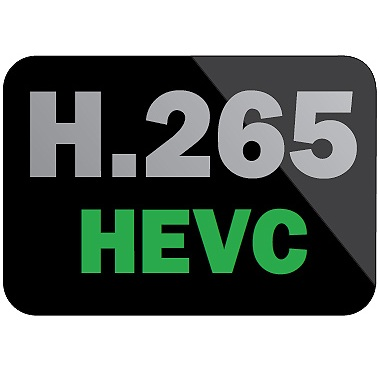
HEVC/H.265 supports a lightweight form of slicing – entropy slice or dependent slice segments. Unlike to regular slices, entropy slices are not self-contained: Intra and MV prediction is not broken across slice boundaries. CABAC context models are not reset to defaults at the start of each entropy slice (context models of the previous slice are […]
SVT-HEVC Codec

SVT-HEVC is open-source hevc/h265 sw encoder (supported in linux and windows). For details how to compile and to run pls. go to the official site Sources can be downloaded with ‘git clone’ from https://github.com/OpenVisualCloud/SVT-HEVC If you are reluctant to compile the sources you can download binaries (SvtHevcEncApp.exe, SvtHevcEnc.lib) from To compile SVT-HEVC in Windows (with […]
Two Modes of HEVC/H.265 Tiling

There are two modes of tiling: Pure Tiling: a frame is divided into tiles and all tiles share same slice header, offsets to each tile are signaled in the slice header. Therefore there is no need to put start codes to indicate tile starts. Slice-encapsulated Tiling: a frame is divided into tiles and each tile […]
